 What if you could memorize entire textbooks or the exact positions of chess pieces like the chess grandmasters do?
What if you could memorize entire textbooks or the exact positions of chess pieces like the chess grandmasters do?
Wouldn’t that be phenomenal?
Question is… can everyone develop a phenomenal memory, or is it the forte of memory champions and grandmasters alone?
And, can mnemonics help you do this?
In this article, I’ll show you what phenomenal memory is. I’ll also walk you through the most effective mnemonic techniques to keep your memory razor-sharp.
Here’s what this post will cover:
What Does It Mean to Have a Phenomenal Memory?
Who Can Have Phenomenal Memory?
5 Ways to Get a Phenomenal Memory.
What Does It Mean to Have a Phenomenal Memory?
Phenomenal memory means being able to memorize and easily recall any critical information that you need. It also means you can learn anything many times faster than usual.
While memory champions do it with ease, you may not need to memorize a whole book or every single detail of a photograph (unless you want to enter a contest).
For practical use, you need to memorize only the most critical pieces of information, rather than cram your brain with loads of material.
This way, you’re training your brain to structure and store information in a super-organized manner. This will also let you search for data effectively and recall the material easily when you need it.
Let’s try to understand where the concept of phenomenal or exceptional memory comes from.
A Brief History of Phenomenal Memory and Mnemonics
There have been several cases of people with exceptional or remarkable memory since the time of the 5th century BC Greek poet Simonides. He developed the system of mnemonics based on images and places, known as the method of loci.
The concept of memory-enhancing techniques spread to the Romans, and this was documented in the book Ad Herennium.
The famous philosophers Plato and Aristotle documented their explanations of memory and the involvement of the soul in the making and permanence of memory. They also repeatedly referred to the use of mnemonic devices.
These techniques continued to be used by mnemonists all through the Middle Ages, the Renaissance, and are used by educators, orators, and memory champions even today. Think of it as tools to encode information by associating newly learned material with the old knowledge stored in your long-term memory.
With mnemonics, memory experts can learn and retain new material with complete accuracy. They build the phenomenal ability to recall facts about topics of interest, as well as each personal life experience.
Now, are you wondering if this remarkable memory is the same as a photographic memory?
Short answer: It’s not the same.
How is Phenomenal Memory Different from Photographic Memory?
While phenomenal memory lets you store and recall essential info, photographic memory (if it exists) enables you to preserve the entire image of an object in your short-term or long-term memory.
You’d be able to close your eyes and see the object in your mind’s eye — as clearly as if you’d taken a photograph, even days or weeks after you saw it.
This type of memory is difficult to prove and is far from what you need in real life.
Coming back to phenomenal or remarkable memory and mnemonics:
How do mnemonists remember everything they want to? Do you think they have a different brain structure than the rest of us?
Let’s see.
Are the Brain Structures of Mnemonists Different from Others?
The truth is: there is no difference in the brain structure of memory champions and ordinary people!
However, mnemonic training can reshape brain networks. Studies have proven that there are changes in brain activation during memorization when you use the method of loci.
Memory experts have higher activity in the medial parietal cortex, retrosplenial cortex, and right posterior hippocampus. And, these brain areas are linked to spatial memory and navigation.
So, in effect, mnemonists and memorists combine their innate memory ability with the masterful use of mnemonics and encoding strategies.
They have shown that memory expertise is a learned skill that can be acquired through hours of deliberate training.
Here are some examples.
The mnemonist Shereshevskii used three techniques, usually in combination, to remember verbal material:
- He would convert any word into meaningful images to make a mental note of even nonsensical words or words unfamiliar to him.
- He used locations to peg info mentally for later retrieval (Method of Loci).
- He would weave stories in his mind with appropriate images to be able to retrieve the material quickly.
Another example is that of mnemonist Rajan Srinivasan Mahadevan. He would pair places and numbers to learn any material. He encoded digits in chunks (like a row in a matrix). And, would then attach cues to the chunks for retrieval.
That said, mnemonists, memory champions, and people with highly superior autobiographical memory (HSAM) are extremely rare to find.
There are no more than a few dozen cases of each in the world, as described in neuroscientific literature.
More importantly, they may show just an average performance when tested on intellect and new learning ability.
And, most of them have an exceptional memory for a specific material, like facts or numbers, but not for other subjects. A winner of the memory championships may still have to keep sticky notes on the door to remember “things to do” during the week!
Now, mnemonists and champions aside, can people with normal memory and brains develop a phenomenal or remarkable memory?
Who Can Have A Phenomenal Memory?
Anyone can develop a phenomenal or magnetic memory!
You may not need to memorize a whole book or the news events of the past forty years. But by training your brain, you can develop your memorization skill to remember what you need to.
How Can You Get Phenomenal Memory?
There are five excellent ways to build a remarkable memory.
1. Use the Magnetic Memory Method and Build Memory Palaces
Memory Palaces are one of the most powerful mnemonic techniques adored by all mnemonists starting from the ancient Greeks. The Roman philosopher Cicero described the Memory Palace in his writings, the De Oratore.
It’s the same technique that Sherlock Holmes and fictional serial killer Hannibal Lecter use to commit huge amounts of information to mind.
You can associate pieces of information with a location that you’re familiar with — like your home, school, office, or a favorite store. This helps in training your brain to “file” the things for better memorization.
It also helps to exercise your episodic memory, iconic memory, and semantic memory.
So, if you want to memorize a chapter in a history book, mentally walk through your home and place the events of one year on the dining room console, events of another year on your coffee table, and so on.
During an exam, all you need to do is mentally walk through your home, and all this material will be easily accessible.
To make it more effective, you can add visual cues to each historical event. For example, picture yourself in the Hall of Mirrors signing the Treaty of Versailles.
When you combine it with Magnetic Recall Rehearsal, this holistic process will let you move information from your working memory into long-term memory faster and with better permanence.
The Magnetic Memory Method Memory Palace approach also teaches you how to pay focused attention when you come across new information.
Also, the more Memory Palaces you make, the more effective your memorization and recall becomes.
What’s more?
You can use any other memory technique inside the Memory Palace. But, you can’t use a Memory Palace inside other memory methods. This unique approach can maximize the power of the method of loci and combines well with the pegword method.
2. Learn Other Mnemonic Techniques
You can try any of these powerful techniques:
The Major Method
The major method is a phonetic number system that can help you memorize numbers. Here, you convert numbers into consonant sounds, then into words by adding vowels.
The idea is that you remember images more quickly than numbers. For example, you can try magician Derren Brown’s method — map the number 5 to the f and v sounds because the word ‘five’ uses both the sounds.
Dave Farrow’s Peg System
Dave Farrow was listed twice in the Guinness Book of World Records for Greatest Memory. In his memorizing technique, you peg or link one thing to another. So if you know the first thing, you can easily connect the next in your mind.
This simple memorization technique helped Farrow memorize 59 decks of cards, which is 3068 cards in all! Attend his coaching program “The Farrow Method,” or catch up on his podcast “The Brains Behind It.”
The method used by Wang Feng to memorize a deck of cards
For easy memorization of the order of a deck of cards, the Chinese mnemonist Wang Feng assigns a two-digit number to each card.
He then turns that number into an image and then places the image in a familiar location. This helps him to retrieve the number easily when needed. His technique is similar to Matteo Ricci’s memory palace system.
3. Tony Buzan Memory Training
Another great option used to be that you could attend a ThinkBuzan memory training conducted in your area.
Sadly, Tony Buzan passed away in 2019. Here’s my tribute to him:
Buzan had a unique way of helping people through both memory training and mind mapping. I was very fortunate to learn both from him directly.
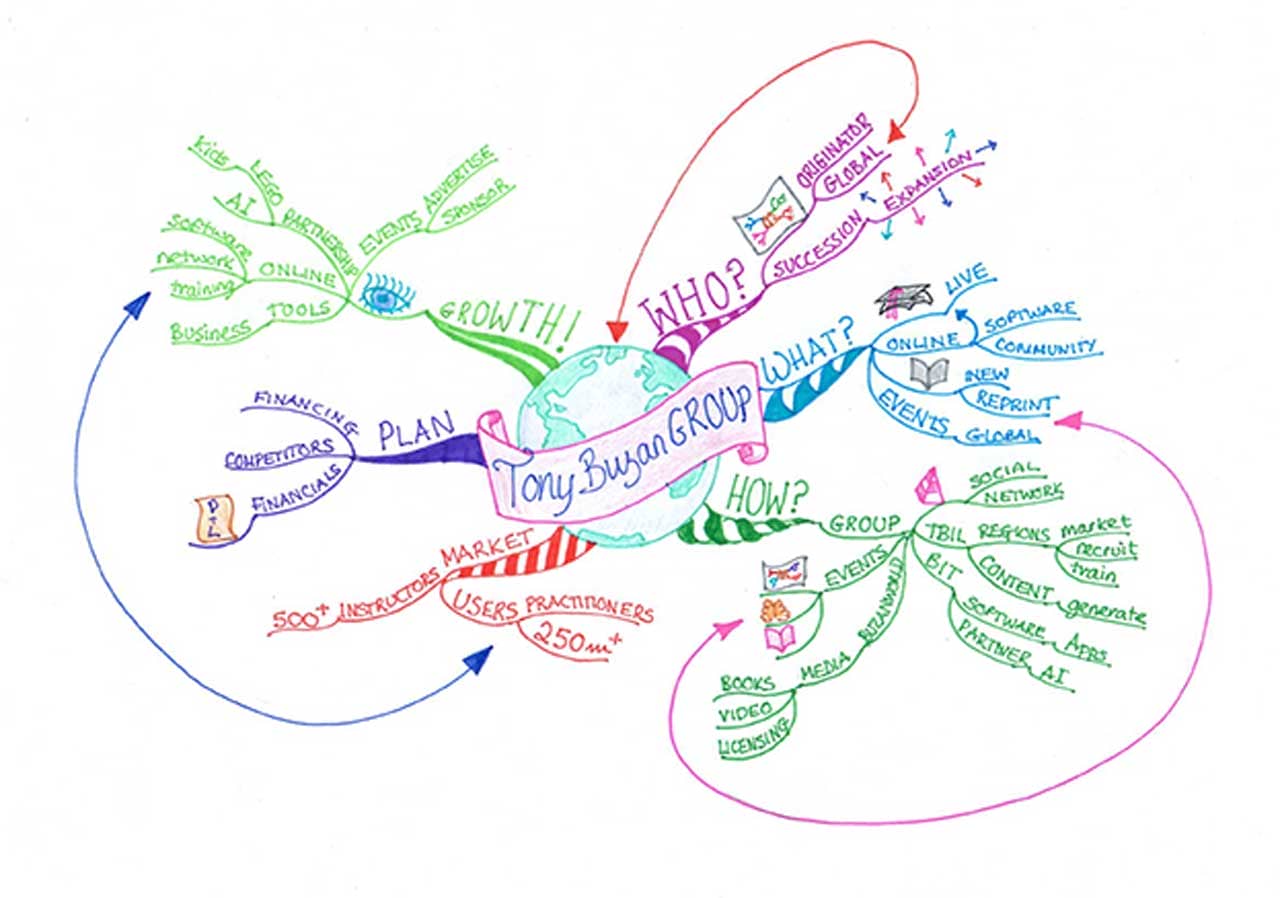
One of the greatest things Tony would do is to get you to reproduce The Most Important Graph in the world by hand.
That way, you never forget the rules that govern all the levels of your memory.
It’s very important because if you don’t use all of them, you cannot expect your memory skills to improve.
Luckily, you can still read Tony’s books and take some courses from people involved in the Tony Buzan Group.
You can also learn how to teach memory skills, which in turn helps you get better at memory improvement and possibly life enhancement itself.
But I will miss how Tony got us to create Memory Palaces as a group. Training with him in real time also meant building a deep network of memorizers who become friends for life.
On a personal note, his impact on me was huge. In fact, I mind mapped the direction for the Magnetic Memory Method project with him. It was amazing and inspiring to receive his insights and get his blessing!
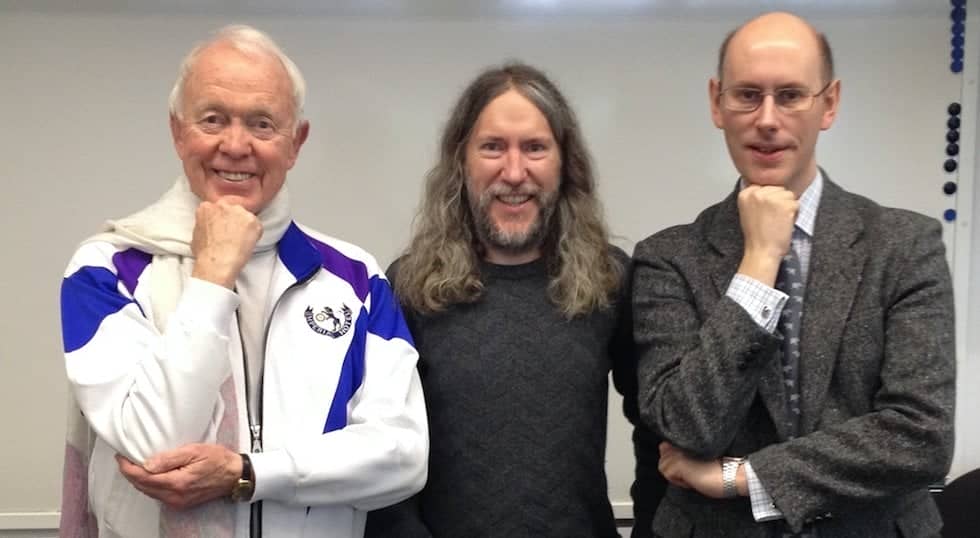
4. Important 2021 Update on the School of Phenomenal Memory or Pmemory Course by Ruslan Mescerjakov
Also known as the PMemory course, School of Phenomenal Memory is an online mnemonics course developed by Ruslan Mescerjakov. It uses the process of association and visualization to help you build amazing memorization skills — whatever your current mental shape may be.
The School of Phenomenal Memory course is based on the Giordano Memorization System developed by Vladimir Kozarenko. This is a screenshot from their site.
How does Pmemory or the School of Phenomenal Memory work?
Pmemory school or the School of Phenomenal Memory is a five-part course that you can access through the school student area on their website. This 60 lesson course contains:
- Course 1: Basic Training lesson, including memorizing up to 100 elements, and visualization.
- Course 2: First Database lesson, where you’ll learn to store information in an organized way so that you can effortlessly search through your mind for selective retrieval.
- Course 3: Foreign Languages lesson, which will school you on how to memorize foreign words and sentences.
- Course 4: Books and Complicated Texts, which will show you how to memorize entire books, complex texts, and even recite them from memory.
- Course 5: The Codes and Passwords lesson in the phenomenal memory course, will school you on how to memorize and remember long passwords, phone numbers, and the like.
Now, you might be wondering… why am I recommending the course of a competitor?
Well, I’ve had to update this post in 2021, but here are a few reasons I originally featured the product on this site:
- I feature many memory competitors on my podcast and blog because “one is the most dangerous number” for learners. This skill requires as much knowledge as you can get from multiple perspectives. Obviously I don’t feature products or people I think are bad, but my goal with this sight is to provide education about resources that are available to a variety of learners.
- Different learners have different preferences and needs. This might be a good memory course for you, and I cannot predict who it will or won’t be for.
- I like several features of the course, one of which is its focus on linking and how it is informed by the works of Giordano Bruno. The Magnetic Memory Method Masterclass is also heavily informed by Bruno, but in different ways based on how I’ve interpreted his techniques. Unlike them, I don’t call it the “GMS memory system,” and it’s a bit suspect that they do given that Bruno’s system requires personalization. But people have to call these things something, so we can be flexible with that, even if I prefer to offer a “method” that helps you develop your own systems.
In sum, it’s hard to say that I’ve personally benefited from this course. But as someone with two decades of study and personal practice in memory training, I did think it was worth a look at the time of the original post.
However, as of April 2021, Google Chrome and Firefox are warning me that the site is not safe to visit. You might not see that while you’re browsing memory websites, but as of now, I have to post this concern. As I do like to review sites from time to time, it’s a shame I can’t dive in and take another look to see if my views on the product have changed.
As always, caveat emptor.
5. Read Living With A Phenomenal Memory: How an Ordinary Man Developed Amazing Memorization Skills by Frank Healy
Frank Healy is a counselor and life coach, and one of the two-dozen people who are classified as having Highly Superior Autobiographical Memory (HSAM).
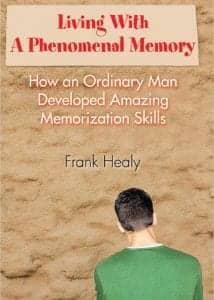
It all started when he looked at a calendar and memorized an entire calendar year in just a few days.
His intriguing memoir documents events, including all the humorous episodes in his home and school life, that shaped his superior memory skills.
He provides insight into his ability to recollect, describing his techniques, and how he mastered them with additional practice.
You’ll find plenty of puzzles, exercises, and tips for developing your memory skills – all of it extremely useful, and practical, and put together entertainingly. Interestingly, Healy also suggests using sights, sounds, and emotion as memory cues.
Your Memory Can Be Phenomenal, Magnetically!
Anyone can achieve a phenomenal or remarkable memory by using memory training techniques like Memory Palaces. You can use it to master your subjects for an exam, to learn a new language, or even to recall routine information.
If you want to learn how to use Memory Palaces to cultivate a phenomenal memory, sign up for the free training today.
Related Posts
- MMMP 009: Memory Training Consumer Awareness Guide
Here's an audio presentation of The Magnetic Memory Method "Memory Training Consumer Awareness Guide."
- Memory Training Secrets with 3x Memory Champion John Graham
John Graham, 3x USA Memory Champion, teaches you the memory training tactics and habits that…
- Idriz Zogaj On The Truth About Memory Training Apps
Renowned memory expert, memory competitor and memory entrepreneur Idriz Zogaj joins me to talk about…

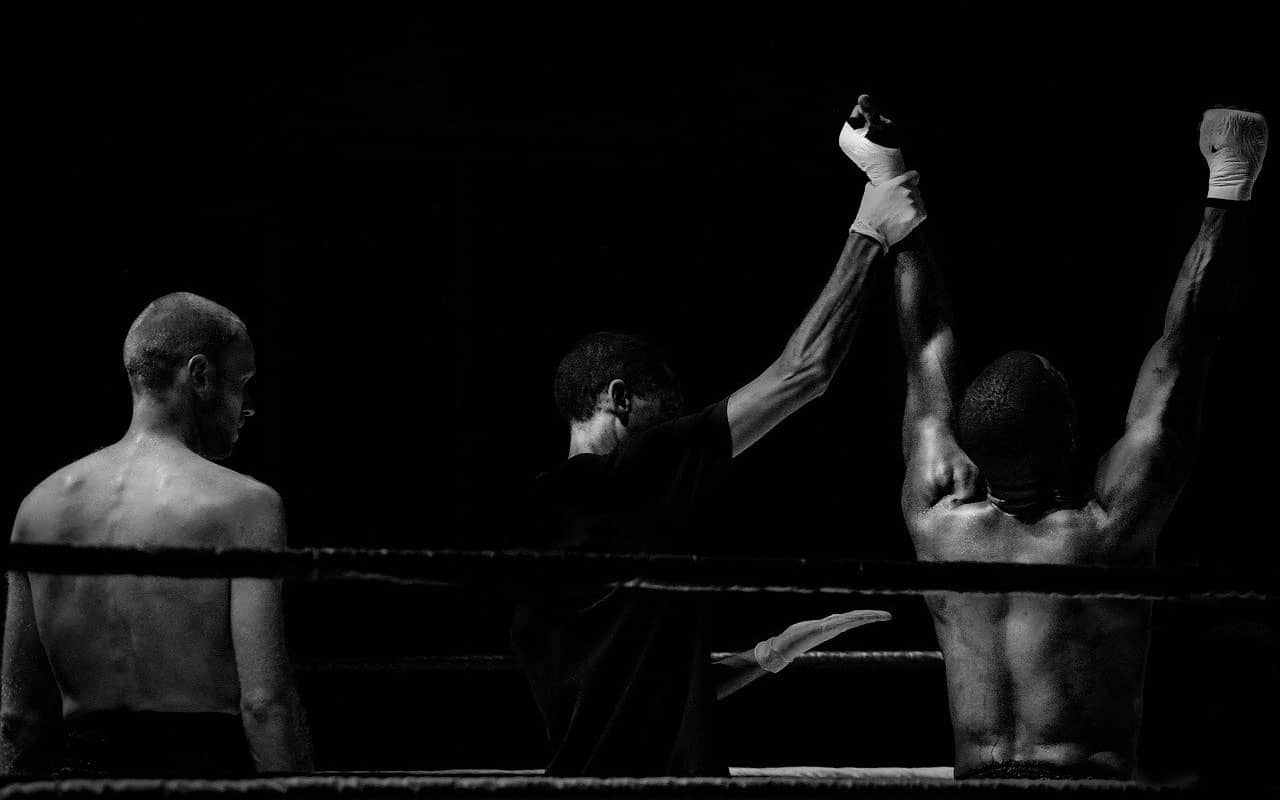
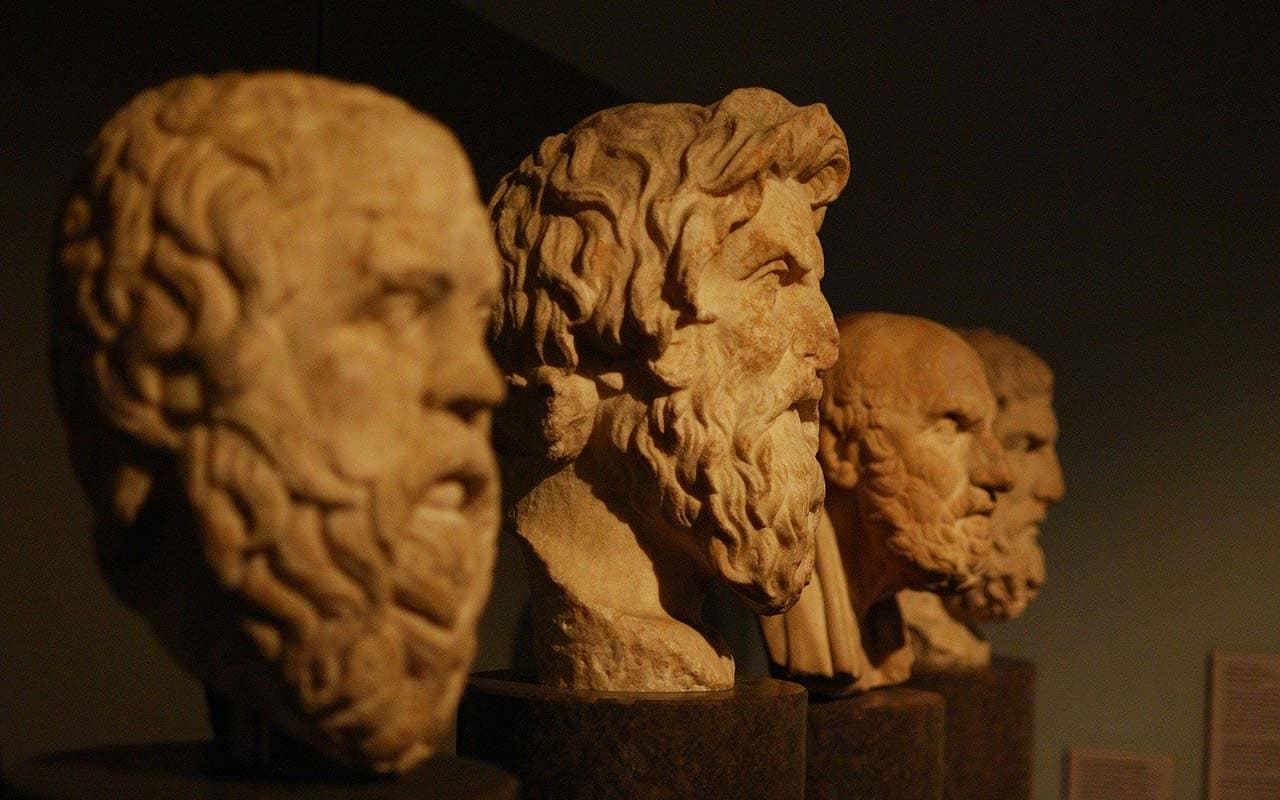

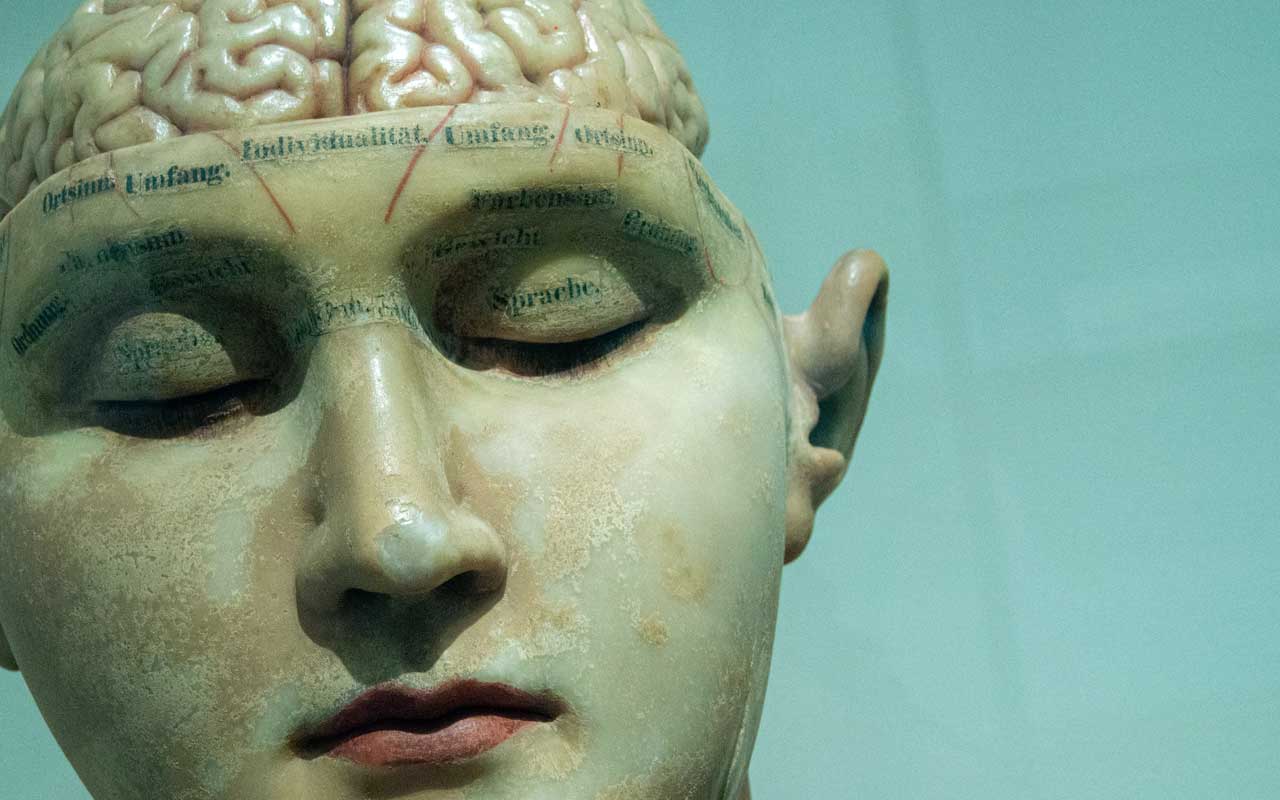

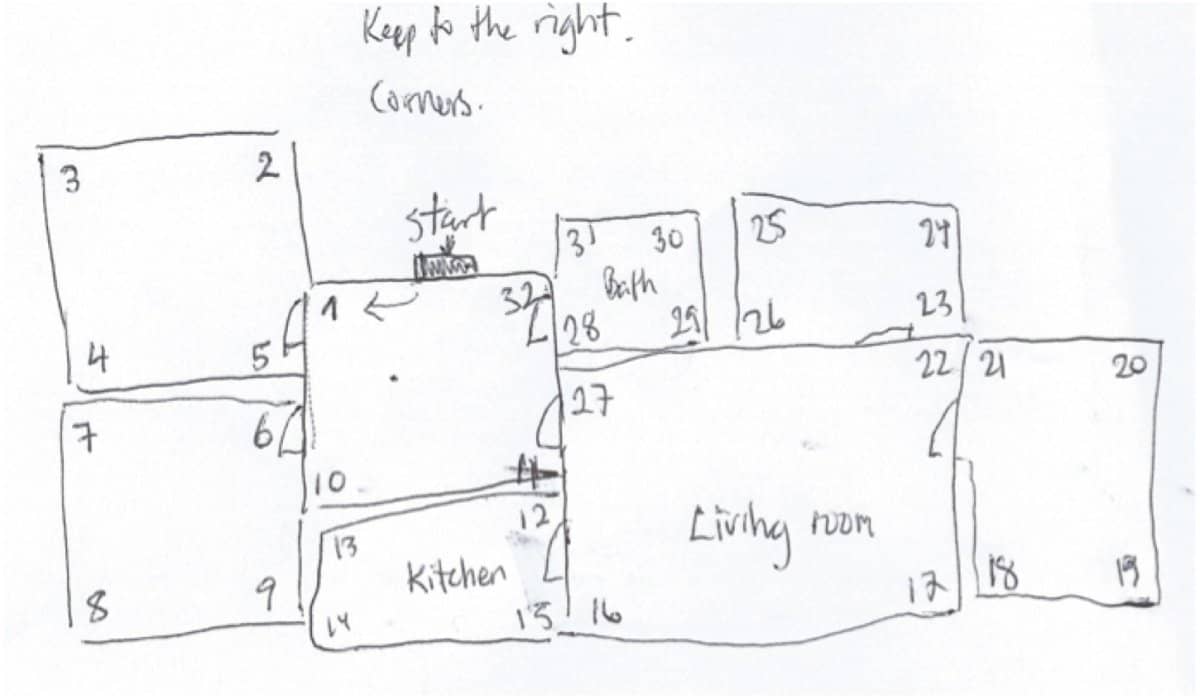
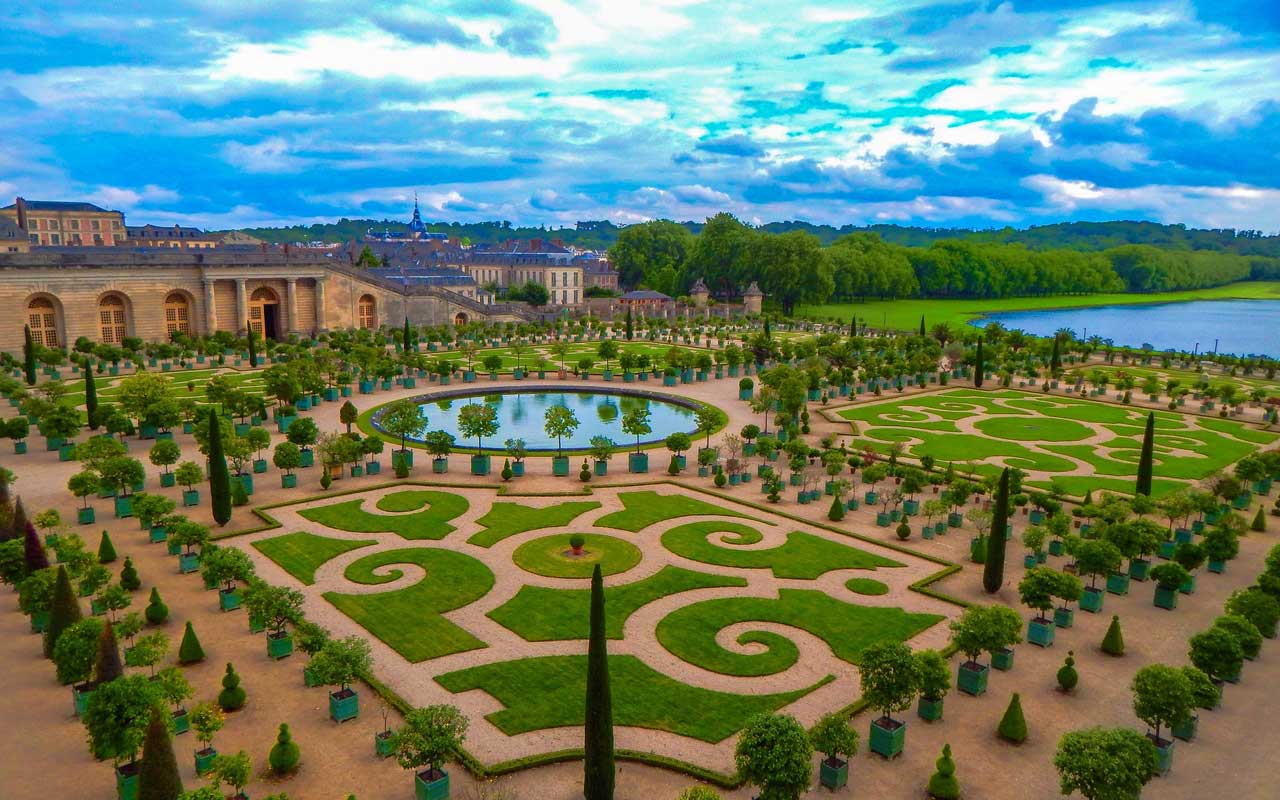

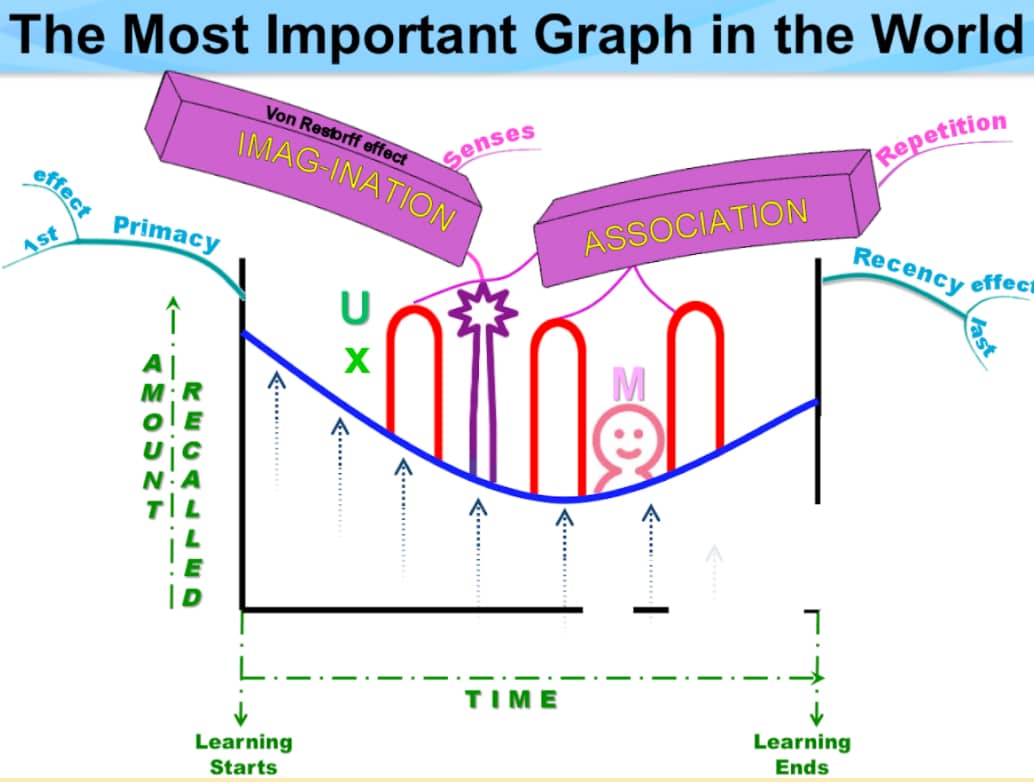
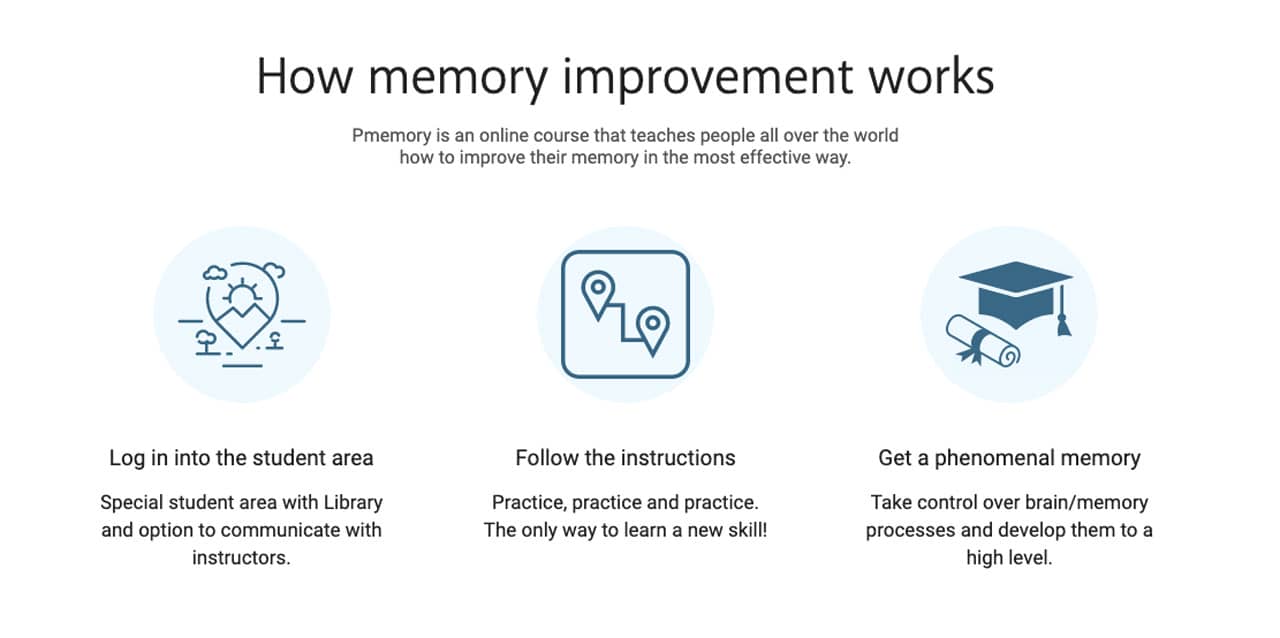



10 Responses
Hi, if we’re starting out with a new language, do we have to start from the a letter words? There are so many so I don’t know if that’ll be effective. What do you think we should start learning like the most common 5,000 words used in our target language would be okay?
Thanks for this, Andy.
I think there are some misperceptions that I need to tidy up.
The recommendations are for getting started: 10 words per Memory Palace per letter of the alphabet.
After that, one can continue in that manner. Or one can organize words by verb, noun, etc.
The point is to make sure you can use the techniques effectively. There is no path to efficiency without effectiveness first and 260 words in your first Memory Palace Network is not too much to ask when we’re dealing with learning potentially thousands of words.
In the MMM Masterclass, you’ll find a vocabulary builder that helps you focus on the most likely-to-be-needed words in any language. If you use it in conjunction with a textbook or course and a native speaker, your progress can be very fast.
Does this way of looking at things help you out?
Hi, I was an old student of pmemory, I did not complete the course and recently wanted to go back to it. I was unable to access the website. seems like everything has disappeared?
Do you know what has happended?
Thanks.
Sorry, Harry.
I have no affiliation with them, nor any knowledge of what is going on with their site.
Please read the 2021 update above. That is the most I can tell you.
What are your goals with memory improvement?
Hi Anthony,
Thanks for your reply 🙂
Truth is I’d love more than anything to provide a way for my kids to learn the ability to memorize and retain information.
10, 5 and 4 year olds.
At 45 I’d like to improve my learning ability and retention of what I have learned as well, I have always been less than average with long term retention of information.
Any direction or suggestions is much appreciated.
Cheers,
Harry.
Thanks for this, Harry.
One way to consider this is to learn the techniques yourself and then teach them. By teaching them, you’ll learn them better.
For the fullest possible understanding, I suggest memory history, theory and practice – ideally practicing with information that directly leads to improvements.
So if you were to start with your oldest child, if you yourself can memorize a small percent of what they’re learning and then demonstrate how you did it, there will almost certainly be a trickle-down effect for the others.
Does this way of approaching things sound doable?
In terms of courses, getting involved in something stable and making sure you go through it with some immediacy is highly recommended. Having some books to refer to as well, including as reminders of the commitment to learning these techniques, will be very helpful.
If you can find a community – which is part of what our discussion is right now – that will be great. There’s usually a lot of comments on my YouTube videos that you can engage with and if you get involved with the MMM Masterclass, there’s an opportunity to be part of our private monthly meetings. People need to be in the Masterclass first, but that requirement is there simply so everyone at our meetings is on the same page and the same level of commitment.
Please let me know if you have any further questions, and my compliments on wanting to help your kids. That’s fantastic and they will love you for it.
Thank you for all the feedback, really appreciate it.
It’s my pleasure.
Just shout out if you have any more questions or need support.
I use a memorization technique which uses initials. You can combine with a memory palace.
Yes, that is a valid technique for some tasks.
Nelson Dellis and I discussed this in one of our recorded podcasts. Neither of us would take that approach to the stage to give a speech. I’m not sure, but I doubt he would use it in competition either.